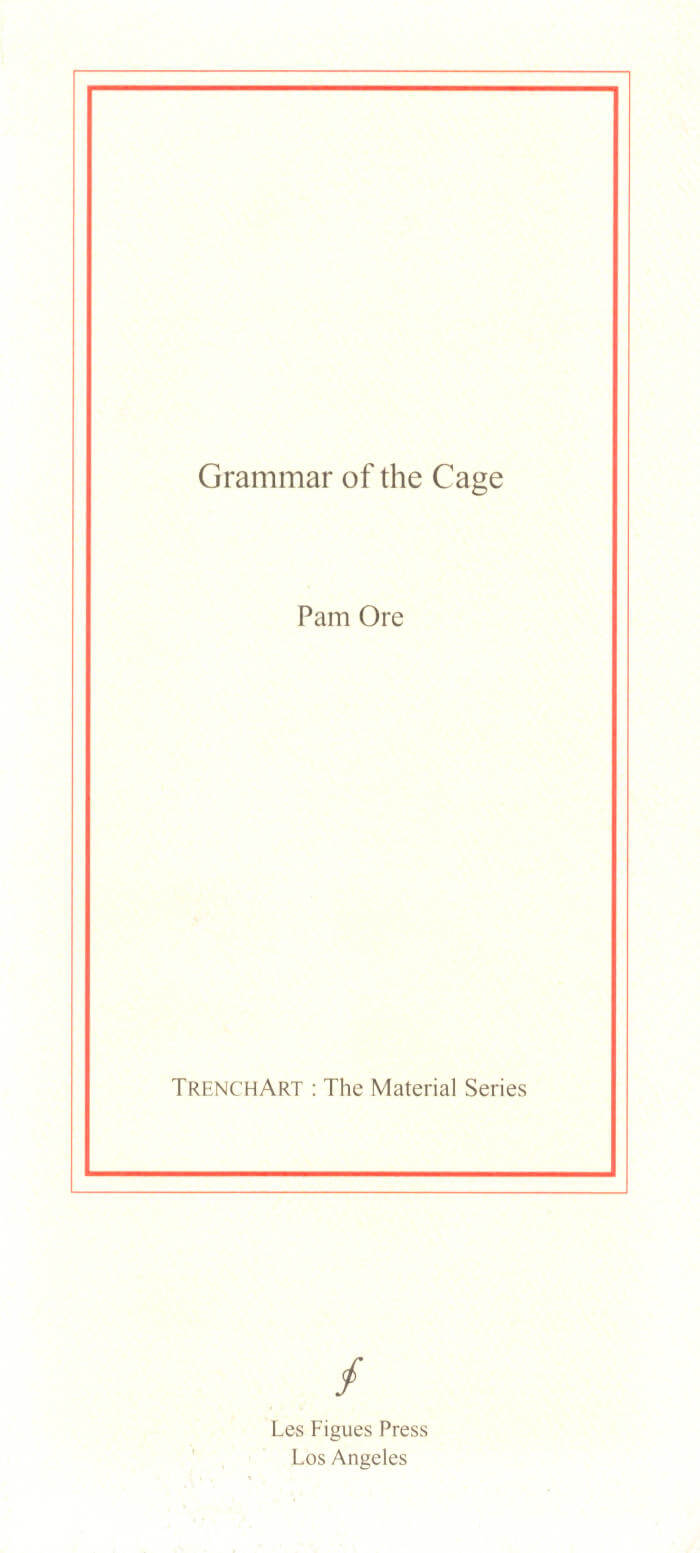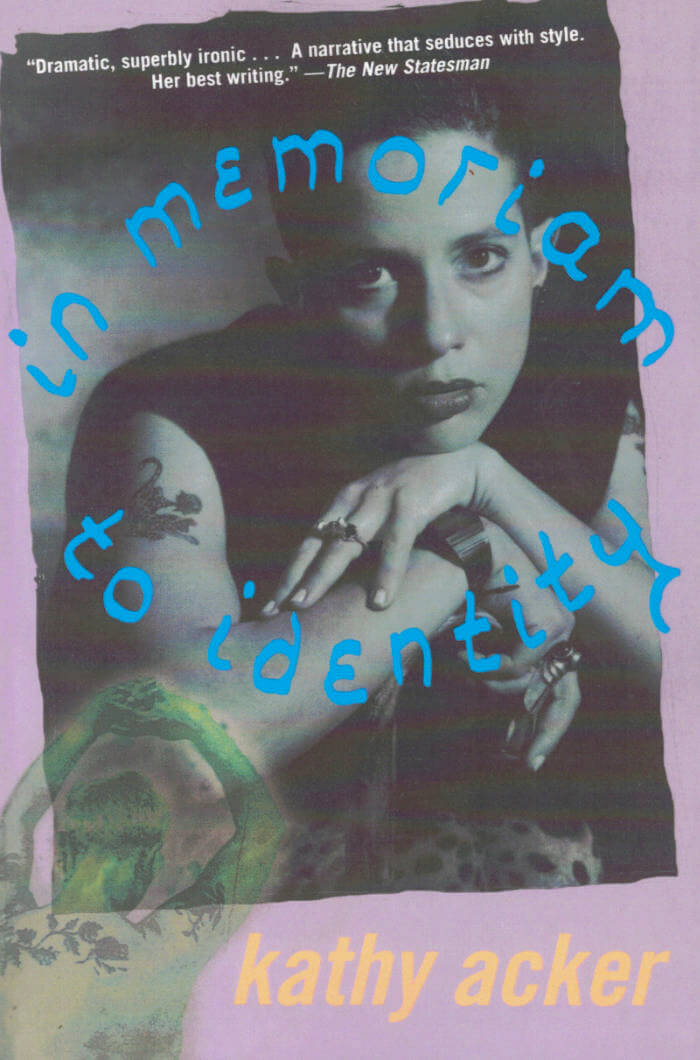
Dies: A Sentence
Dies: A Sentence by Vanessa Place is a 117-page, one-sentence novel about the coils of language and war, unspooled in the dying breath of a pre- and post-scient World War I soldier.
John Witte of the Northwest Review calls Dies, "a marvel of sustained synergy," author Jim Krusoe describes the book as "dizzyingly complex, compound, and full of miraculous side trips as well," and novelist Doug Nufer heralds DIES as a "delightful tour de force of a hopelessly grim predicament." Place obliterates the line between victim and perpetrator, subject and object, rendering this human truth: in the death sentence of life, there is still beauty. "Roll over, dear Whitman," says Susan McCabe in her Introduction, "Here's our new original."
“In a single sentence as bloody and crazed as the history of the 20th century, Place offers up “the untamed cadence of ten thousand feet.” Caught somewhere between Beckett’s The Unnamable, Kathy Acker’s Don Quixote, James Joyce’s Finnegans Wake and Ann Quin’s Passages, Dies is an extravagant and ferocious book, a real and uncompromising marvel.” — Brian Evenson
“The architectonics of Dies calls upon the aural touchstones, not only of Pound, but of Dante, Rabelais (beware of a scatological extravaganza), Eliot, Whitman, Stein, the Bible, Beckett, Joyce, Remarque, even ‘the ghost of mark twain‘—a babbling horde that makes this sentence both humbling and beyond paraphrase, both mythic and contemporary.” — Susan McCabe
Introduction by Susan McCabe.







